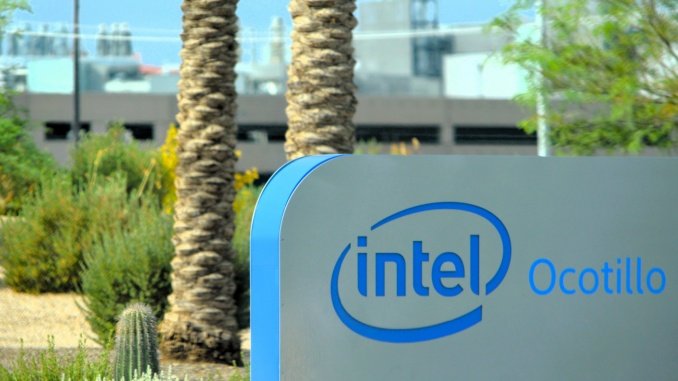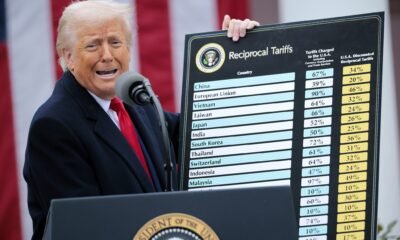Business
Feds Frequently Back the Wrong Contender: Intel Case Highlights Ongoing Trend

One persistent lesson in economics remains unlearned by many in Washington: government subsidies often undermine industries rather than support them. This reality hit home recently when Intel reported a staggering $16.6 billion loss for the quarter—more than the total annual budget of several states.
This loss is particularly striking given Intel’s position as a top recipient of federal aid under the CHIPS Act, legislation aimed at boosting domestic microchip production. Intel is poised to receive $8.5 billion in grants and $11 billion in subsidized loans, marking one of the largest financial windfalls ever allocated to a single American company.
President Joe Biden, who celebrated the CHIPS Act alongside Intel executives, may now reconsider his support. As Intel struggles financially, rival chipmaker Nvidia, which does not benefit from the CHIPS Act, has thrived—its stock price has increased more than five-fold, creating substantial returns for American investors.
Compounding the situation, the Biden administration, along with Senator Mark Warner from Virginia, is reportedly contemplating further assistance for Intel, even while the company has not provided a credible plan to address its financial issues. This raises the question: should more taxpayer money be poured into a company already linked to financial distress?
Intel, ironically, was generating over $20 billion in profits just before the CHIPS Act was enacted. In the current year, the company’s losses have nearly matched that amount. Observers are left to wonder if a federal takeover of Intel is on the horizon, reminiscent of past government bailouts of faltering automakers and banks.
While many politicians advocate for a Japanese-style “National Industrial Policy,” aimed at channeling funds into strategically important sectors, the outcomes often contradict the intent. The assumption that political leaders can effectively choose economic winners and losers often overlooks the efficiency of private investors operating in capital markets. Democratic Senator Elizabeth Warren has criticized the private equity sector, dubbing it “vampires” for its failures in investment. However, one might argue that government interventions can be even more detrimental.
For example, recent federal incentives for electric vehicles have coincided with a notable decline in consumer interest in those vehicles, despite initial popularity. Furthermore, over the last four years, more than $300 billion has been authorized for green energy subsidies, yet production levels have remained largely stagnant due to the availability of cheaper natural gas.
To truly support American industries, a radical paradigm shift is needed: reduce government financial interference in the market. CEOs must also reconsider their dependency on subsidies; such reliance can stifle innovation and adaptability.


















